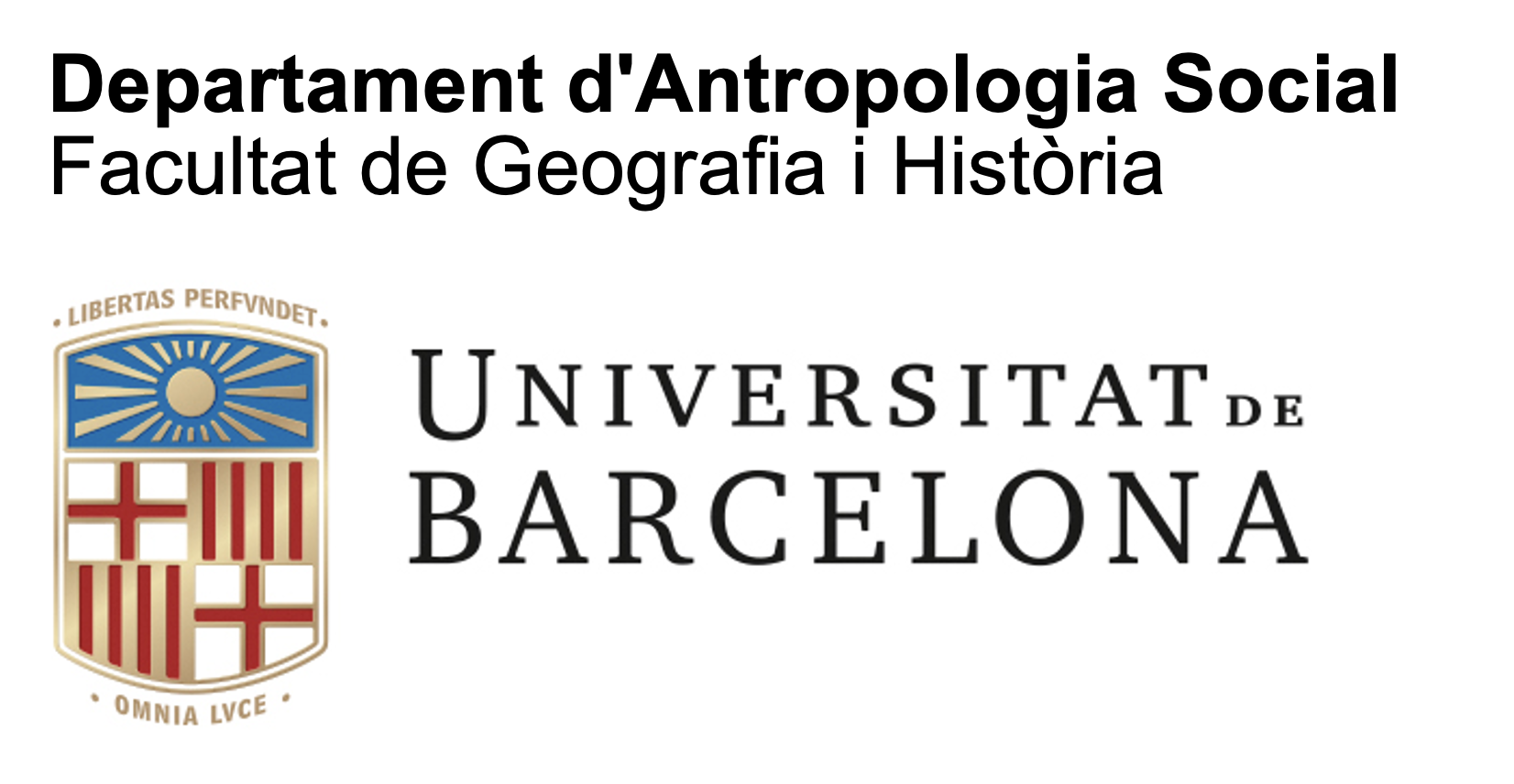Relationship between education and the role of women in Colombian indigenous communities.
A situated theoretical reflection
DOI:
https://doi.org/10.1344/test.2022.11.37-59Abstract
The current educational scenario turns teachers into fundamental actors, responsible for progressively including women in the development and strengthening of indigenous communities in their own intercultural educational systems. From the effective linking of institutions, organizations, agents, and from the synergy in favor of actions that respond to the needs of institutional educational projects in Colombia, it is being possible to evolve in the new educational paradigm that would definitely be more interested in training integral, of the indigenous woman where the values, principles and cultural identity are defined to guarantee the incorporation in their life project. The synchrony between education and feminism leads to the development of comprehensive pedagogical processes promoting meaningful learning that can strengthen the gear of indigenous women in the political and administrative aspects of their indigenous community. At the same time, the violation of the human rights of indigenous women is prevented, deteriorating their quality of life in the future. The school is becoming the stage where the role of women in indigenous communities is enhanced. Not only because the premises of community and decolonial feminisms are put into practice, but also because women's voices are valued. Just as the communities are cared for by protecting the bodies of women, the territory is also cared for, and the memory of the violations suffered historically is repaired. Strengthening the links between education and feminism facilitates the sociocultural transformation that indigenous communities need to preserve their ancestral legacy, in balance with mother earth, for future generations. The school becomes the stage where indigenous women belonging to racialized communities in Colombia are cared for. The damaging processes of the way of being in the symbolic-cultural world of indigenous women are understood in the school when the perspective of intersectional feminism is integrated.
KEY WORDS: Indigenous Women; education; identity; meaningful learning; gender inequality; feminism.
Downloads

Downloads
Published
How to Cite
Issue
Section
License
Copyright (c) 2022 Álvaro Sánchez Castillo , Aquileo Aguilar Ortiz , Gloria Elena Quijano Quiroz , Kellys Yelina Rodríguez Martínez , Ruth Ester Ruíz Suarez , Samir Eliurs Montero Arias , Yadira Elena Montero Zuleta , Yolanda Arias Maestre

This work is licensed under a Creative Commons Attribution-NonCommercial-NoDerivatives 4.0 International License.
The authors who publish in this journal agree to the following terms:
The author retains the authorship rights, and grants (Con)textos: revista d'antropologia i investigació social the rights to the first publication of the article.
The author authorizes the reproduction and dissemination of their articles in indexing and abstract services, academic databases and repositories in which the journal currently or in the future participates. After No 13, texts will be disseminated with the Creative Commons - Attribution (CC-by) license as long as the author and the journal are acknowledged. The articles in issues 1 to 12 were published under a Creative Commons Attribution-NonCommercial-NoDerivatives (CC-by-nc-nd) license.
Likewise, the authors can deposit the final version accepted for publication in institutional or thematic open access repositories. (Con)textos: revista d'antropologia i investigació social does not accept any responsibility for the views and statements made by the authors in their works.






